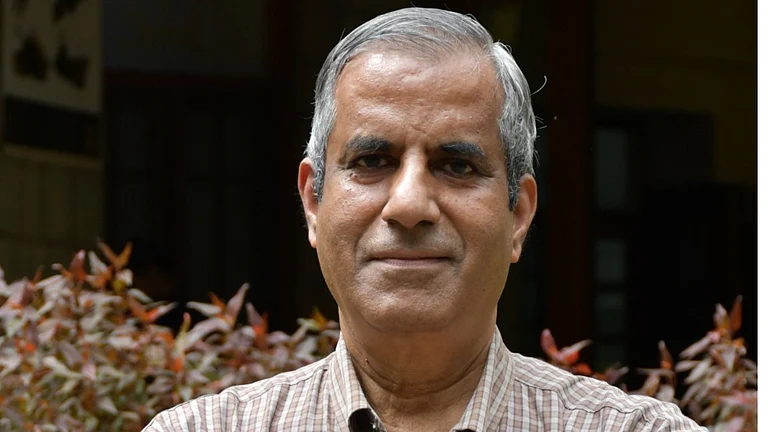The Manu Valley tea estate in Tripura’s Unakoti district, which contributes to around one-fourth of the state’s total tea output, is facing the brunt of climate change and acute shortage of manpower with its production gradually decreasing in the last three years, an official said on Tuesday.
The northeastern state produces 90 lakh kg of processed tea annually, and the production at the state's largest garden has reduced from 24 lakh kg in 2022 to 22 lakh kg in 2023 and 21 lakh kg in 2024, leaving the management in an uncertain future, he said.
Due to the declining trend in production, the management has stopped producing green tea and is focusing only on the orthodox variety, he said.
“The climate change over the past few years appears to be a major challenge for the future of the garden. The average rainfall and uneven distribution of precipitation have affected production in the tea garden”, Manager (HR) Prabir Dey told PTI.
According to him, earlier, tea gardens used to receive rainfall from January or February, but now precipitation starts in April.
“During May and June, excessive rain prevents the proper growth of tea bushes. An evenly distributed rain is required to grow bushes, which is not witnessed nowadays. This is one of the big concerns for the tea garden’s future," he said.
The scarcity of skilled labourers and their absenteeism are also big challenges to properly running the garden with only 300 coming to work regularly, out of the total 900 registered workers, he said.
Dey said the management has introduced plucking machines to collect tea leaves to tide over the labourers’ shortage.
“Finding no other alternative, we have procured 50 plucking machines, but manual plucking is the best option for producing good quality tea. We have imparted training to around 100 tribal villagers for plucking of tea, but still there is a gap in skilled manpower," he said.
Currently, a tea labourer receives a daily wage of 4204, apart from PF, bonus, gratuity, medical allowance and free ration to the family, he said.
A large number of registered labourers, due to "poor" wages in tea estates, join MGNREGA work or other activities to earn more, which results in a shortage of pluckers, industry sources said.
Dey said the tea production cost has been increasing with every passing year while the prices at auction markets remain "stagnant".
“At present, the selling price of tea produced in Tripura stands at 206 per kg while the production cost per kg is over ₹180. There is an urgent need to recheck the things in the tea industries”, he said.
Dey said, “The government had rolled back transport subsidies long ago, which has enhanced the burden on tea planters. In Assam, planters get a subsidy of around ₹10 if they make green tea, while such provisions are negligible in Tripura." According to him, the process of setting up an auction centre at Agartala will be beneficial for the local planters as there will be no need to transport finished tea to either Kolkata or Guwahati.
The tea garden, spreading around 318 hectares, has around 40 lakh tea bushes, and an average of two per cent of bushes die naturally, he said.
“We are replanting around 5 to 10 hectares each year to fill up the gap within the garden. Replanting is necessary for the survival of any tea garden”, he said.
































